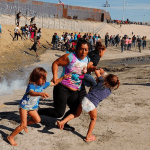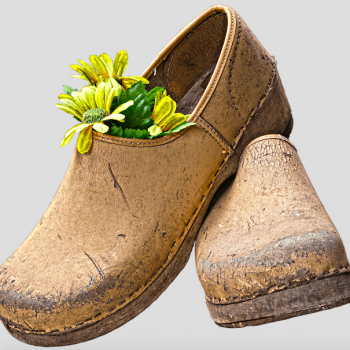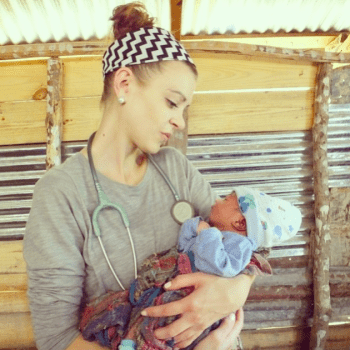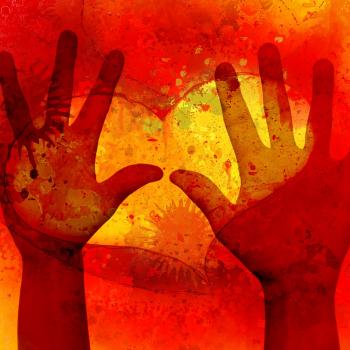First, Do No Harm.
It’s the principle that’s guided the practice of medicine for hundreds of years.
First, Do No Harm. Meaning that sometimes it’s better to not act, to do nothing, rather than risk inflicting harm on someone and make a situation worse than it needed to be. It’s better not to change it than to make it worse.
First, Do No Harm.
Unfortunately, the tenet that’s guided medicine well hasn’t been a guiding principle in many evangelical missions organizations.
As the world saw this week when John Chau tried to breach the boundary of a remote people group’s island, risking their lives and losing his own, evangelical missions is often wildly aggressive, assumptive and misguided.
Many missions organizations don’t abide by the sound principal of First Do No Harm.
Instead, they prefer,
First, be assured that you’re right and everyone who believes differently is wrong.
First, be assured that the way your culture does things is right and everyone who lives differently is wrong.
First, tell your message as loudly as possible.
First, spread the message that God is nothing if not a wrath-filled, evil-hating, fire-breathing deity who’s coming after the world with a vengeance.
First, make people understand that they are a sin-filled, despicable worm.
First, make sure people hear the “good” news that they’re damned and heading straight to hell so they’re now culpable in their own soul’s demise.
I know this because I served with an evangelical missions organization as a short-term missionary at a hospital in West Africa and, as I watched these practices unfold, vowed I’d never be part of a fundamentalist missions agency ever again. (I wrote a book about the experience called WELL, which touches on some of the concerning practices I observed.)
In addition to harsh theology, the idea that westerners get culture “right” and the rest of the world gets culture “wrong” was damaging to the mission and prevented the formation of authentic relationships, which have to be based on respect and mutuality. The practices that unfolded revealed a heart posture that wasn’t an I-Thou, but a Me-then-you and sometimes, Me-reaching-down-to-you.
The hospital followed the French schedule of a 12-2 p.m. lunch break, during which the Togolese staff would go to their break room and eat food they’d brought from home, while the American staff went to their dining hall and ate food prepared for them by Togolese kitchen staff.
The Americans had their own Sunday evening church service, to which the Togolese staff were not invited.
The missionaries insisted that the kitchen staff offer American fare, which entailed an 18-hour round-trip drive to the capital, which was the only place to buy ingredients like cheese and milk and spaghetti sauce and breakfast cereal, rather than eating locally-sourced food, and supporting the local economy and local agriculture.
The American chaplains told people on their death beds they were on their way to hell.
The Americans judged people for taking their children to local herbalists and fettishers, which was the only option they’d had for centuries to seek help for their dying children. Customs like that aren’t undone within a few months of a Western hospital opening its doors.
***
It’s important to recognize the bravery and the valor and the good intentions and the hard work and the dedication that leads Westerners like the Americans I worked with in Togo to pour their lives into a worthy mission, like running a hospital in rural Africa where people walked for three days to get to our doors because it was the closest option they had.
They save lots of lives and offer a critical resource to a suffering community.
It’s not what’s being done that’s at issue; it’s how.
When fundamentalism would rather smash people’s heads against commandments set in stone than offer them the balm in Gilead, we have a problem.
When a young missionary puts his own life and the lives of a remote people group at risk in a well-intentioned but horribly misguided attempt to tell them about Jesus, we have a problem.
When we treat reckless idiocy as heroism, we have a problem.
When we throw not only caution, but cultural sensitivity and respect, to the wind because we’ve decided that what we know and what we believe matters more than anything, we have a problem.
Missions could learn a lot from medicine.
First, consider the situation from another’s point of view.
First, honor the person you’re trying to care for.
First, respect the culture and customs of someone who sees the world differently from you.
First, put the other’s wellbeing before your own.
First, Do. No. Harm.












